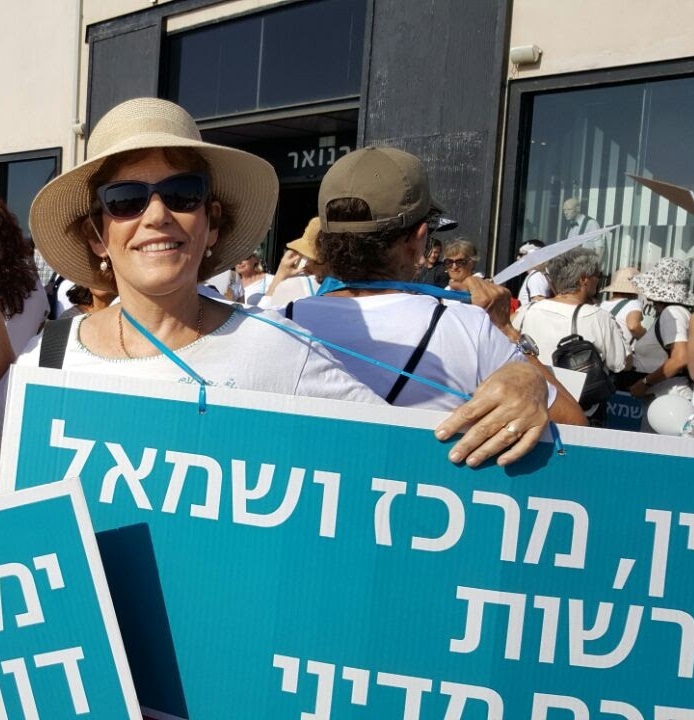I was blessed (or not) with a strong political consciousness. Of course, I have other traits and tendencies, but political consciousness prevails over everything else from time to time. This apparently started for me in high school where history was my favorite subject largely thanks to my teacher, Yaakov. If we’re lucky, we can remember a teacher who made a lasting impression on us, whose classes were interesting, who opened our minds, who believed in us even though we did not study as hard as we could have during the turbulence of adolescence. In addition to Yaakov, my father greatly influenced my future by making me read books in English, including Churchill’s memoirs and the Rise and Fall of the Third Reich. I managed to finish, by the way, three of Churchill’s six volumes… Thanks to my father’s strictness, I learned English and a bit of modern history, as well as the notion that all empires collapse from within as a result of hubris, tyranny, and corruption. Those empires wise enough to have extricated themselves and withdrawn in time succeeded in the task of rehabilitation and in building democratic states.
I may have also inherited my historical-political consciousness from my grandfather who, at the end of the First World War and the dissolution of the Austro-Hungarian Empire, informed his friends and family that the Jews had no future in Europe. Acting on his words, he decided to leave Europe, selling his property, gathering a few families, renting a ship, and bringing them all to the Holy Land. As a believing Jew, America was out the question.

But a truly burning political consciousness – the recognition that politics has a decisive influence on my life and those who are dear to me – was not born until that bitter day when my beloved brother, Yair Paneth, fell in a military operation in southern Lebanon. Until then I was convinced that such disasters, just like winning a lottery, only happen to others… Suddenly my eyes were opened. I looked around and asked why? What were Yair and friends from his Golani unit searching for in southern Lebanon? And why were the Palestinians in ‘Fatahland’ engaged in terrorism? Since then, dozens of years have gone by, dozens of military operations have taken place, large and small wars, thousands of casualties. During all this time, I’ve continued to ask why we Israelis keep banging our heads against the wall. Why don’t we end this bloody conflict peacefully, once and for all, and why does the State of Israel continue to manage it instead of solve it?
In 1974 while working at Givat Ram in Jerusalem, I heard about an eccentric young man who had set up a protest tent opposite the Prime Minister’s Office nearby. During my lunch break, I went over and found Moti Ashkenazi standing alone with a sign explaining the dangers of ignoring the failure of the Yom Kippur War that had ended three months earlier.

Women Wage Peace not only gives me a platform for political activity (and, to me, what we do is politics at its best) but also allows me to be among women who daily practice a language of connection and acceptance. It is a group that gives me hope that there can still be a good future here for my children and grandchildren.



